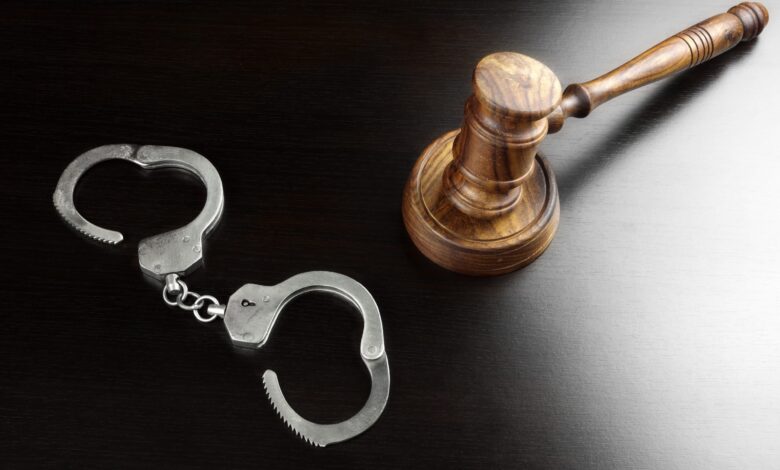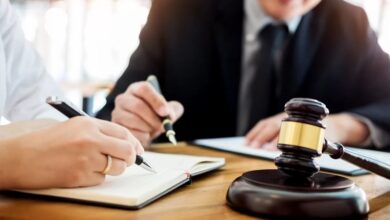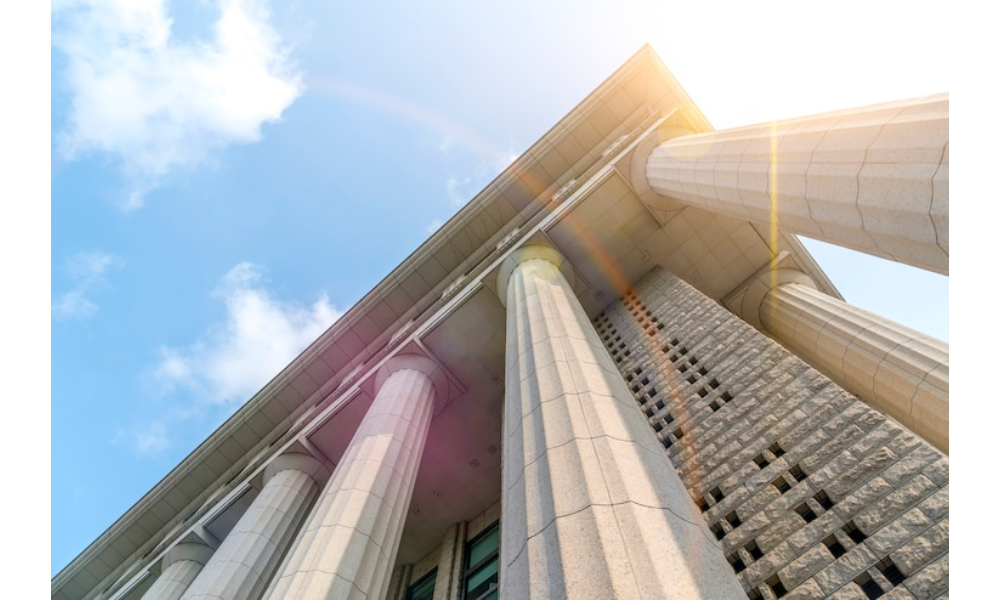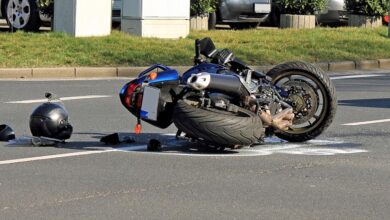How do criminal defense lawyers investigate and rebut evidence?

A criminal defense lawyer defends individuals accused of crimes, ensuring that their rights and liberties are protected. Investigating and refuting prosecution evidence is the most important part of their work. To understand criminal defense lawyers’ fundamental role in the justice system, it is essential to grasp their investigative and rebuttal techniques. Individuals accused of committing crimes are represented by criminal defense lawyers, also known as defense attorneys or public defenders. They are responsible for protecting their client’s rights and ensuring they receive due process and a fair trial.
Investigating the evidence
- Reviewing discovery materials – Investigating evidence is to obtain all relevant discovery materials from the prosecution. It includes police reports, witness statements, forensic reports, and any other documents or evidence the prosecution intends to use. Defense lawyers meticulously review these materials to identify weaknesses or inconsistencies in the case.
- Interviewing witnesses – Defense attorneys often conduct their interviews with witnesses. It allows them to gather additional information, assess the credibility of witnesses, and potentially uncover new facts that may help their client’s case.
- Consulting experts – In cases involving complex scientific or technical evidence, defense lawyers may consult with expert witnesses. These experts provide critical insights and testify on behalf of the defense to challenge the prosecution’s evidence.
- Exploring alibi and other defenses – Criminal defense lawyers investigate potential alibis and other defenses that may exonerate their clients. They work to establish alternative narratives that cast doubt on the prosecution’s case.
- Forensic analysis – When applicable, defense attorneys may commission their forensic analysis of evidence, such as DNA testing or ballistics analysis, to challenge the prosecution’s claims.
Rebutting the evidence
A defense attorney questions prosecution witnesses to uncover bias, inconsistencies, and ulterior motives. It undermines the credibility of witnesses and the strength of the evidence. Defense lawyers may present contradictory evidence that challenges the prosecution’s version of events. It includes alibi witnesses, forensic analysis, or expert testimony that counter the prosecution’s claims. Involving physical evidence, defense attorneys may challenge the chain of custody to raise doubts about the integrity of the evidence. If the evidence was mishandled or tampered with, its reliability was called into question.
The top criminal solicitors in London constantly remind the jury of the principle of “innocent until proven guilty” and the burden of proof resting with the prosecution. They emphasize that it is not the defendant’s responsibility to prove their innocence, but rather to cast reasonable doubt on the prosecution’s case. Defense attorneys often present alternative theories of the crime that shift suspicion away from their client. It creates uncertainty in the minds of the jurors, making it more challenging for the prosecution to secure a conviction.
Criminal defense lawyers are instrumental in safeguarding the rights of individuals accused of crimes. Their meticulous investigation and skillful rebuttal of evidence are essential components of a fair and just legal system. By scrutinizing the prosecution’s case, challenging evidence, and advocating for their client’s rights, these legal professionals play a vital role in ensuring that justice is served and that no one is wrongfully convicted.




